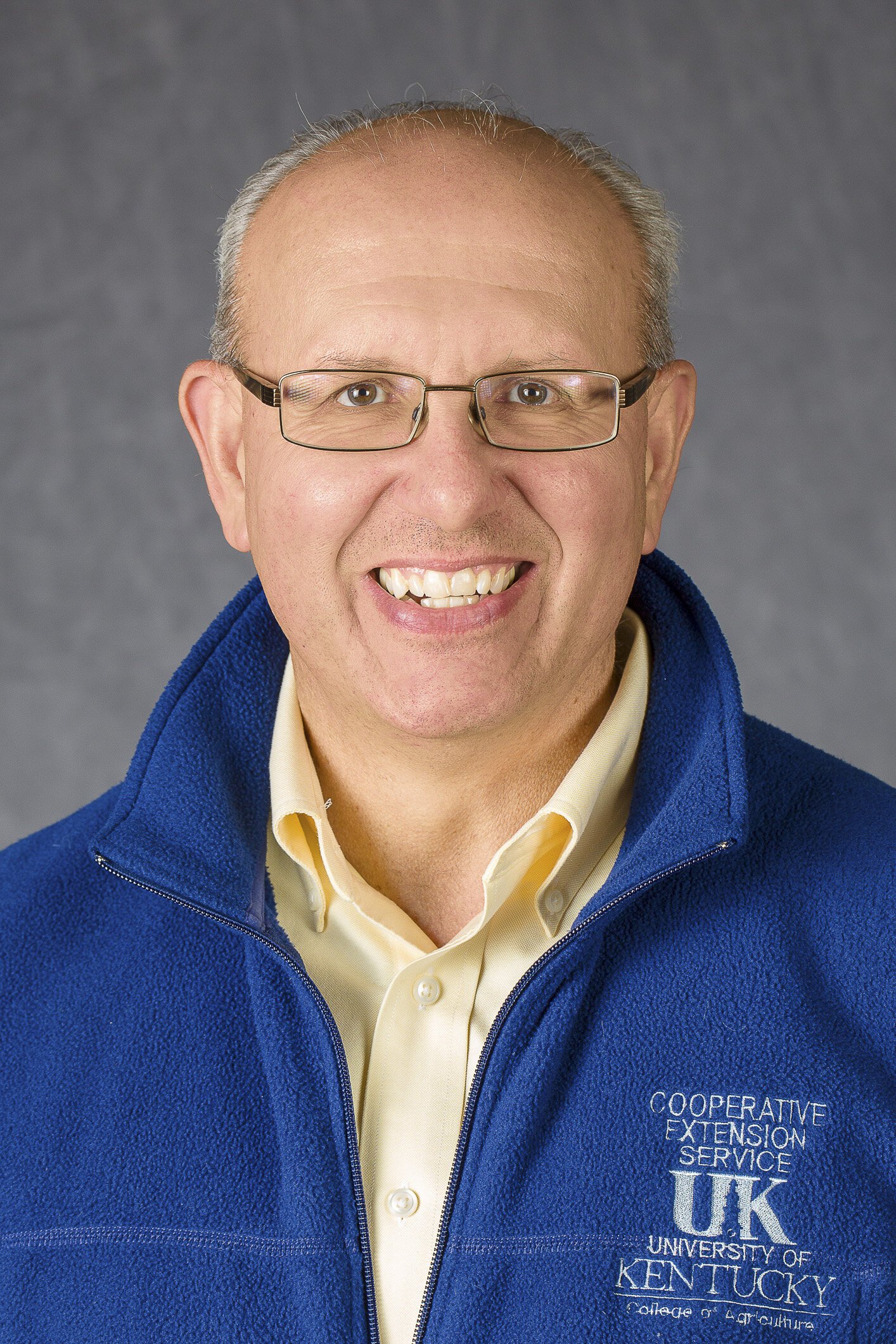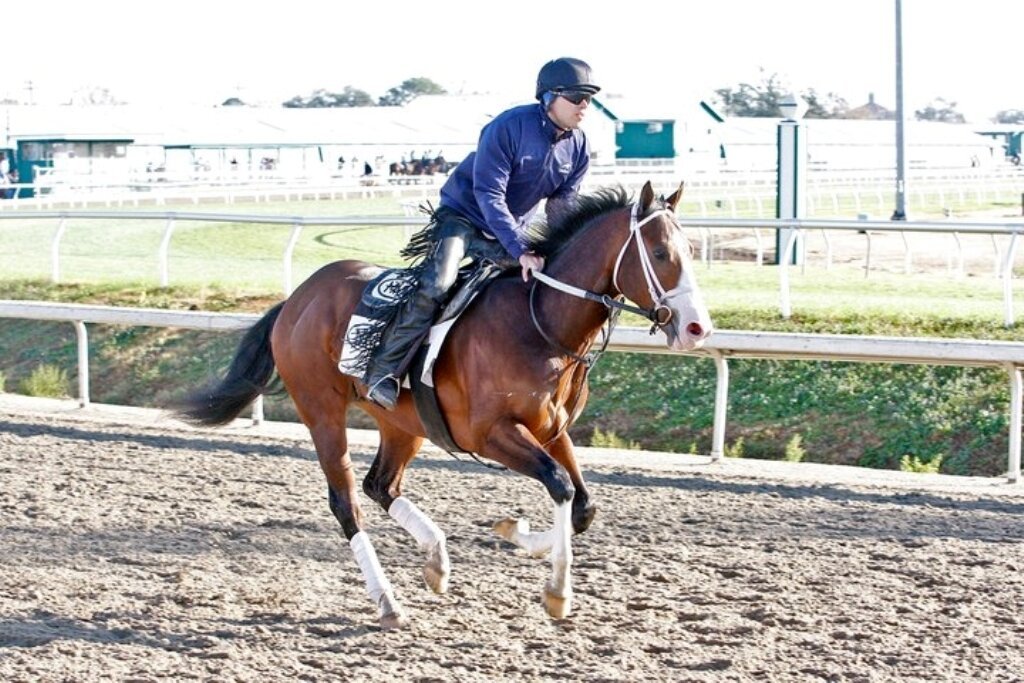Equine Careers
Kentucky’s horse industry supports more than 40,000 jobs, according to the Kentucky Equine Survey. We have interviewed several professionals and worked with horse organizations to provide the following career profiles. Students may want to keep notes with this career information organizer.
Many thanks to Annise Montplaisir, with the Kentucky Equine Education Project, and Kentucky Equine Management Internship Program for career profile assistance.
Learn the minimum requirements, salary, and descriptions for several jobs in horse management and sales.
Learn the minimum requirements, salary, and descriptions for several jobs in horse management and sales.
Having grown up riding and showing horses and then visiting Saratoga Race Course at the age of 6, New York native Carrie Gilbert knew that she was wanted to work horses—and not just horses: racehorses.
Heather Anderson is an associate international editor at the Thoroughbred Daily News, writing for a daily web journal that provides information on anything and everything that goes on in the international Thoroughbred world.
Dr. Jimmy Henning is an extension professor and forage specialist at the University of Kentucky College of Agriculture, Food, and the Environment. His main job is to help students and farmers understand how to manage their grasses and hays to feed their grazing livestock.
“Work hard every day, find a mentor, always have a smile, be resilient, be open and willing to learn, listen, and have a support system when the road gets rocky.”
Cooper is now the Farm Manager of Mt. Brilliant Farm in Fayette County, Ky. The farm, which is over 1,200 acres, offers boarding and sales prep and owns horses in training and actively racing, as well. In addition, the farm hosts polo matches and boasts phenomenal gardens, which include a taxus maze, kitchen garden, flower garden, and vineyard.
As an animal/equine nutritionist, Dr. Coleman works on making specific horse feed recipes. To do his job, he needs to know the nutrient needs of all kinds of horses and the different feedstuffs that will supply those nutrients to the horses.
Horse trainer Jordan Blair, of Lexington prepares and conditions Thoroughbred horses for their racing careers.
“I always loved horses and Thoroughbred racing, so I knew I wanted to do something within this industry. Growing up in Michigan, I wasn't exposed to much of it, so when I graduated, I started at the bottom and figured out what exactly I wanted to do as I went.”
Carrie knew that, for her, remaining in the Thoroughbred industry was non-negotiable. Once she graduated from the KEMI program in the spring of 2001, she enrolled full-time at the University of Kentucky to obtain her Equine Business degree.
Sarah Coleman is the Executive Director of the Kentucky Horse Council and has been part of the organization since October 2020. She moved to Kentucky in 2004 to work with multiple equine- and agriculture-related publications.













